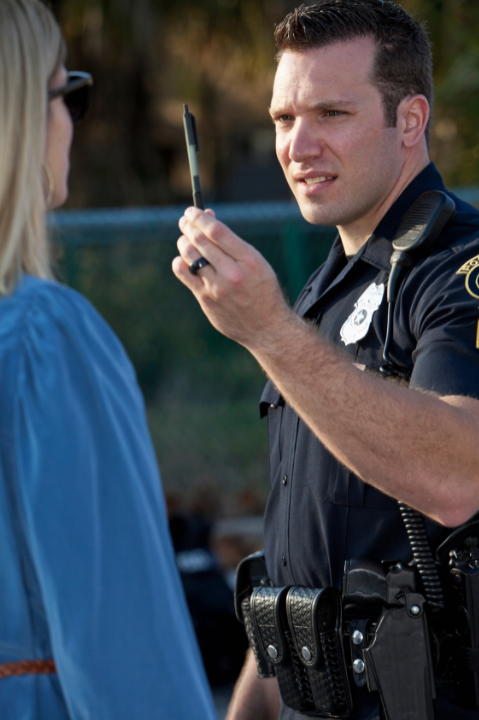Field Sobriety Tests: Are You Required to Take Them in Michigan?
Getting pulled over on suspicion of drunk driving is stressful, and one of the first things an officer might ask you to do is perform a field sobriety test. But are you legally required to comply? Understanding your rights and the role these tests play in Michigan’s OWI (Operating While Intoxicated) cases can help you make informed decisions if you ever find yourself in this situation.
What Are Field Sobriety Tests?
Field sobriety tests (FSTs) are physical and cognitive exercises law enforcement officers use to assess whether a driver is impaired. These tests are designed to measure balance, coordination, and attention, which alcohol or drugs can affect.
Common Field Sobriety Tests in Michigan
Horizontal Gaze Nystagmus (HGN) Test: The officer asks you to follow a moving object (usually a pen or flashlight) with your eyes, checking for involuntary eye jerking.
Walk-and-Turn Test: You’re instructed to take a series of heel-to-toe steps along a straight line, turn on one foot, and return in the same manner.
One-Leg Stand Test: You must stand on one leg and count aloud until instructed to stop.
Are You Legally Required to Take a Field Sobriety Test?
In Michigan, you are not legally required to submit to field sobriety tests. Unlike chemical tests (like breath, blood, or urine tests) that fall under the state’s implied consent law, field sobriety tests are voluntary. You have the right to politely decline.
Should You Take the Test?
While you can refuse field sobriety tests without automatic legal penalties, it’s important to understand the potential consequences:
Your refusal may be noted in the police report, and the officer may still arrest you if they believe there is probable cause based on other observations.
If you take the test and perform poorly, the results can be used as evidence against you in court.
What About Chemical Tests?
Michigan’s implied consent law means that if you’re lawfully arrested for OWI, you must submit to a chemical test (breath, blood, or urine). Refusing a chemical test can result in automatic penalties, including license suspension and points added to your driving record.
How a Criminal Defense Attorney Can Help
If you’re facing OWI charges in Michigan, working with a skilled criminal defense attorney is crucial. An experienced attorney can:
Challenge the validity of the field sobriety and chemical test results
Identify any procedural errors in the traffic stop or arrest
Negotiate for reduced charges or alternative sentencing options
Aggressively represent you in court to protect your rights
What You Can Expect
Clear legal guidance on your rights and options
Strategic defense planning based on the unique facts of your case
Aggressive courtroom advocacy to challenge questionable evidence
Support at every stage, from arraignment to final resolution
Protect Your Rights
Field sobriety tests can be intimidating, but understanding that they are voluntary under Michigan law puts the power back in your hands. If you’ve been charged with OWI, don’t face it alone. Contact Harris & Literski today to consult with an experienced criminal defense attorney who will fight for your rights and work toward the best possible outcome.


